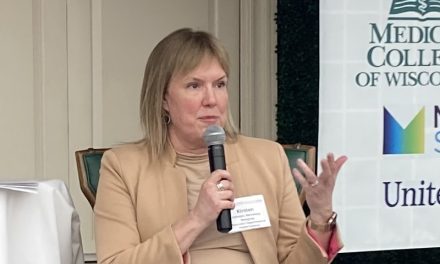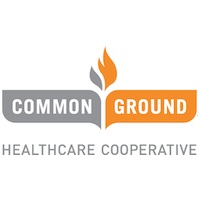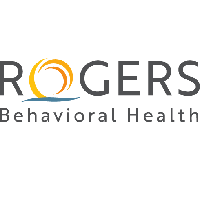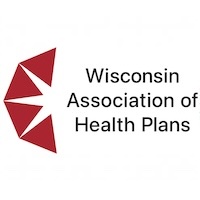
Medicaid set to notify members facing severe complications from COVID-19

Wisconsin’s Medicaid program is notifying members at high risk of developing serious complications from COVID-19.
The Department of Health Services worked with the Wisconsin Health Information Organization to identify older members and those with underlying conditions, like heart disease, lung disease, kidney disease or a compromised immune system.
The agency will send letters with “strategies around staying healthy and resilient during the pandemic,” DHS spokeswoman Elizabeth Goodsitt said. The letters will head to fee-for-service members next week.
The agency will also share a list of members identified as high risk by WHIO with Medicaid HMOs. Many Medicaid insurers have already reached out to vulnerable members, but they can cross-check their efforts with the list, Goodsitt said.
WHIO CEO Dana Richardson said they identified around 450,000 high-risk members, around 40 percent of the Medicaid population.
Richardson said they performed a similar analysis that identified about 1.5 million people at risk statewide, around 33 percent of their database.
The database doesn’t have Medicare fee-for-service data, which limits the analysis since age is a risk factor. WHIO does have access to Medicare Advantage data, she said.
Richardson said they’ve reached out to WHIO’s data contributors and made them aware they can request a report similar to the one provided to the Medicaid program.
“We can create a broad breadth approach to being able to identify the people that are at high risk, have their health plans contact them and hopefully help to reduce the spread of coronavirus, but also to make sure they’re well informed,” she said.
WHIO is looking at identifying baseline metrics, so they can compare what’s the same and what’s different from the past as the virus runs its course, Richardson said. That could help health systems anticipate future demand.
They’re also in talks with a company looking at predictive modeling that would help health plans understand the pandemic’s financial impact. The modeling could also help health systems anticipate demand and future staffing, Richardson said.
Wisconsin Health News is removing the password on all stories related to the coronavirus. For the latest developments follow us on Twitter at @wihealthnews or check out our website. For complete healthcare coverage, sign up for a free trial to our daily email newsletter.





















.jpg?bwg=1612548324)









